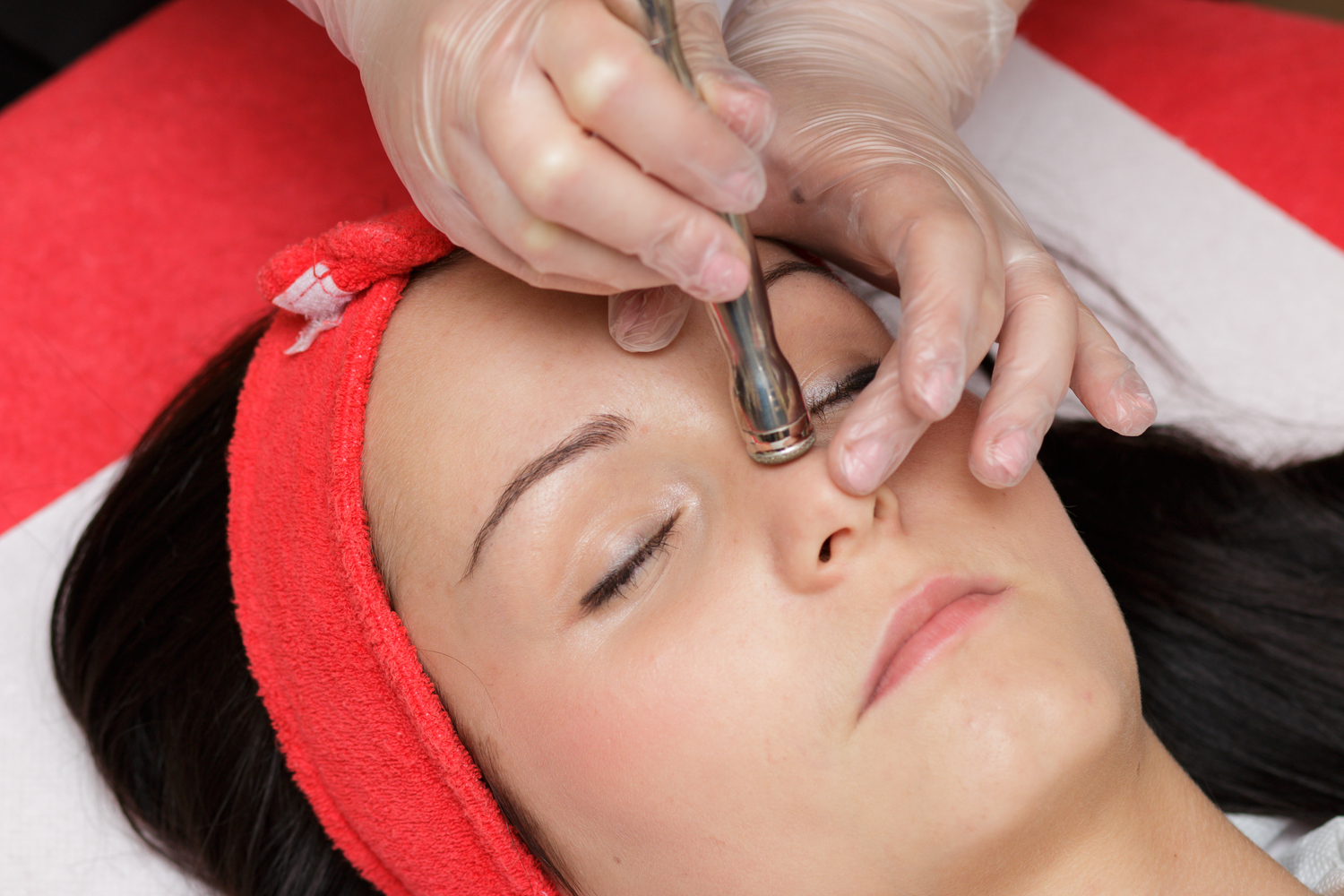
Treatment Options to Provide Relief From Nasal Polyps
Approximately 12% of adults are affected by chronic rhinosinusitis (CRS) globally. Roughly 20% of those who have CRS also have nasal polyps. Nasal polyps develop in sinuses or the nose. They can be caused due to a range of reasons such as infection, allergies, or inflammation. There are three types of treatment options for nasal polyps available. These treatment options are used to either remove nasal polyps or reduce their size.
Medications
Medications are generally the first of the treatment options for nasal polyps. Medications can help the nasal polyps to go away. The following are some of the drugs that can be used for treating nasal polyps.
- Your doctor can prescribe nasal corticosteroid spray. This is to help reduce irritation that is experienced and to decrease the swelling. Nasal corticosteroid contains ciclesonide, fluticasone, mometasone, triamcinolone, budesonide, and beclomethasone.
- Oral and injectable corticosteroids are given when nasal corticosteroids don’t work as effectively. An example of an oral corticosteroid is prednisone. Your doctor can either prescribe this only or ask you to take it along with using a nasal spray. Injectable corticosteroids are given when a person suffers from severe nasal polyps and oral corticosteroids are given for a limited period due to its side effects.
- Your doctor can give you medication to treat chronic sinusitis and nasal polyps. This medication consists of dupilumab and your doctor will give you an injection of this for treatment. The medication helps reduce the size of the nasal polyps and to help you give relief from congestion.
- Your doctor might suggest medications depending on what causes inflammation of your sinuses. He can prescribe antibiotics in case of a recurring infection. He can also prescribe antihistamines to help you treat your allergies. If you have aspirin sensitivity then your doctor can suggest aspirin desensitization treatment.
Surgery
Surgery is the treatment options for nasal polyps when other treatments aren’t effective. Endoscopic surgery involves removing polyps along with fixing issues related to sinuses. In this surgery, the surgeon will insert an endoscope into a person’s nose. He will then guide the endoscope to the sinus cavities. After this he will use instruments to remove the polyps or anything else that is obstructing the easy fluid flow from the sinuses.
The surgeon can widen the opening between nasal passages and sinuses. Your doctor can ask you to use a nasal spray so that the nasal polyps problem doesn’t recur.
Home Treatment
There are some home treatment options for nasal polyps too. These options are to make you feel better from the symptoms. Although they don’t completely treat nasal polyps you will still be able to feel better. Here are some home treatment options one can try.
- Turmeric is known for its anti-inflammatory properties. One can use turmeric by adding 1 to 2 teaspoons to their food. Turmeric can also be consumed by adding 1 to 2 teaspoons to boiling water.
- Tea tree oil can help if you have nasal polyps. You need to use 3 drops of tea tree oil for one ounce of carrier oil and then using cotton, dab it in nasal passages. This will help you feel better.
- Garlic and ginger can be added to food. You can add 1 to 2 teaspoons of ginger and an equal amount of garlic to your food. Garlic and ginger are known for boosting immunity, being anti-inflammatory, and having antimicrobial properties.



